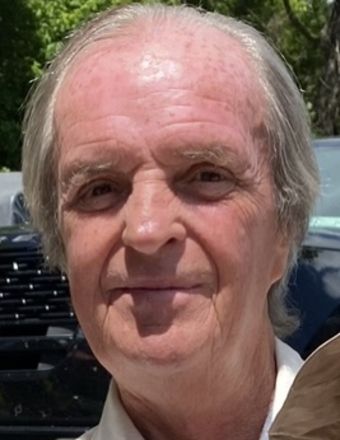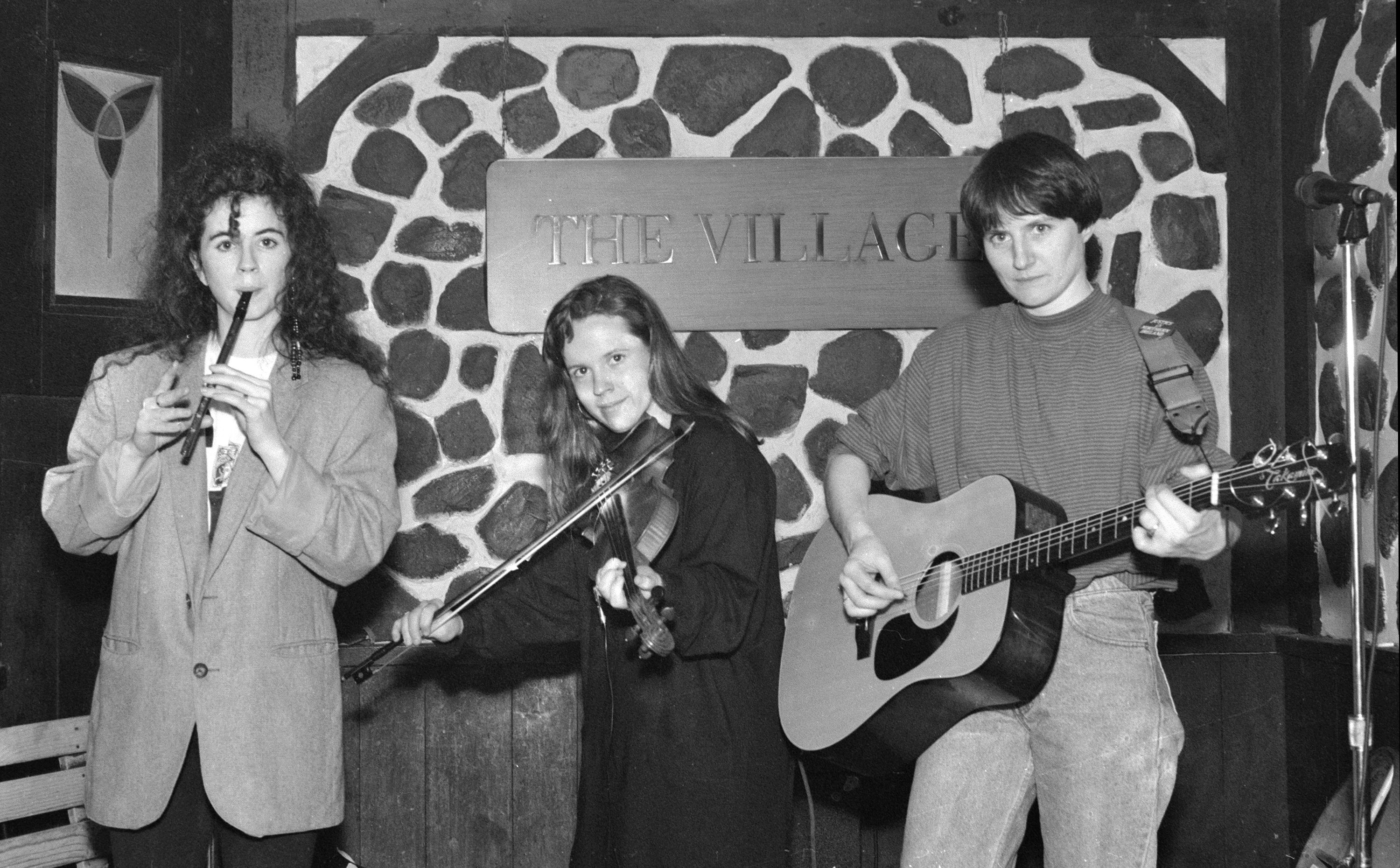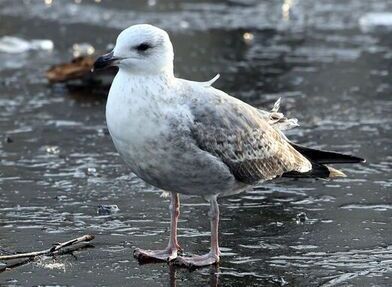There were bars, and there were bars, and then there was The Village Pub. It perched atop Bainbridge Avenue in The Bronx. It was a small place owned by a big man, John Flynn, who passed away last month. The world is a smaller place without him.
I’m not sure when The Village opened but it was in business in the late 1970s when Durty Nelly’s and The Wagon Wheel were still going strong, over in the Kingsbridge area.
As Kingsbridge faded, the Irish center of gravity shifted to the Bainbridge and 204th Street area. Pubs sprang up like mushrooms. It was the era of the “New Irish” when so many people were fleeing the old country that the joke was “last one out turn off the lights.”
Same old story. Ireland could not support its population, but added to this new Diaspora from the Republic were thousands from the British Army occupied “North.”
Many of the new Irish were undocumented, they worked off-the-books on building sites and as nannies in Manhattan, they were flush in this cash economy, and they were all welcome on Braindamage Avenue, as it was often called.
The Village was part of that scene, and yet it stood apart too, mainly because John was Irish American to the core, born in The Bronx.
John Flynn.
I once heard that his family was the last Irish to move from their block in the South Bronx. It made sense, for John was like an old time hero out of a Western movie, a man onto himself.
And yet he had a twinkle in his eye. When John was in the house and in good form, which was almost always, the room rocked with good times.
The Village was not an easy place to leave, no matter what time of night or morning. You always had the feeling that you might be missing something, or that someone might arrive that would raise the craic even beyond its normal fever-pitch level.
John was different than most bar proprietors. He actually liked music and was choosy about who he booked. He had a firm belief in his own taste. If he liked it, he felt that anyone with half a brain would too.
He didn’t care for background music. He wanted his clientele to get caught up in the songs and the performance.
It was a treat to play for him. In the middle of the third set he would approach Pierce Turner and myself, his eyes flashing, and exhort us to “now really let it rip!”
One night we came up with a 12-minute rock deconstruction of "The Foggy Dew" replete with synthesizer and slide guitar solos. I heard a taped version of it recently and wondered how we got away with something so extreme in an Irish bar. Then I remembered it was because of Mr. Flynn pushing the envelope on another wild night in the Village.
John had a unique love for musicians. I remember one night seeing Morning Star play to a full house in the Village. John was beaming with pride and leading the audience in applause.
On another rapturous evening he confided in me that Gabriel Donohue, then onstage, was “the best pound-for-pound musician in The Bronx.” The guy should have been a rock critic.
It was common knowledge that John was always good for a loan, even to people who had let him down previously. I know he shifted bookings a number of times to help Pierce Turner and myself pay back rent.
I thought the Bainbridge scene would last forever, but a recession turned the early 90s upside down. Soon after the Celtic Tiger boomed and the New Irish returned home in droves.
The lights dimmed on the avenue, and John reluctantly had to let Black 47 go. There were no hard feelings; I would have done the same. We were upsetting the remains of his diminishing clientele.
I lost touch with John, as happens when a venue closes, but I never forgot the man or the scene he created. I think I can speak for many musicians: John Flynn made a difference, for he encouraged us all to be the best we could be.
“One o’clock, two o’clock give us a chance
All we wanta do is be rockin’ the Bronx!”
John gave us a stage. And, night after night, we rocked that joint.








